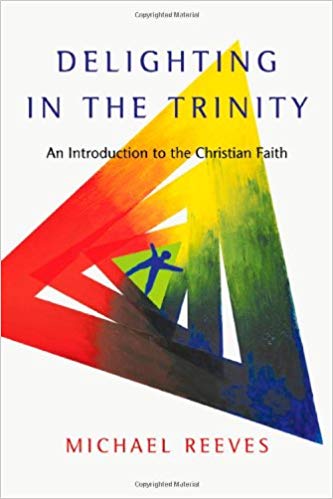Reeves: The Triune God vs. Allah


One of the things I appreciate about Michael Reeves’ Delighting in the Trinity is how he interacts with Islamic theology. In a number of places in the book he demonstrates the poverty of the Islamic Allah. The single-person Islamic god simply does not measure up to the Triune God revealed in the Bible. Here’s a sample:
Onenness for the single-person God would mean sameness. Alone for eternity without any beside him, why would he value others and their differences? Think how it works out for Allah: under his influence, the once-diverse cultures of Nigeria, Persia, and Indonesia are made, deliberately and increasingly, the same. Islam presents a complete way of life for individuals, nations, and cultures, binding them into one way of praying, one way of marrying, buying, fighting, relating — even, some would say, one way of eating and dressing.
Oneness for the triune God means unity. As the Father is absolutely one with his Son, and yet is not his Son, so Jesus prays that believers might be one, but not that they might all be the same. Created male and female, in the image of this God, and with many other good differences between us, we come together valuing the way the triune God has made us each unique.
“There are different kinds of gifts, but the same Spirit…If the whole body were an eye, where would the sense of hearing be? If the whole body were an ear, where would the sense of smell be? But in fact, God has arranged the parts in the body, every one of them, just as he wanted them to be. If they were all one part, where would the body be? As it is, there are many parts, but one body.” (1 Cor. 12:4, 17-20)
So it is not just that the Father, Son, and Spirit call us into fellowship with themselves; they share their heavenly harmony that there might be harmony on earth, that people of different genders, languages, hobbies and gifts might be one in peace and love; and that one day, with one heart and voice, we might cry: “Salvation belongs to our God, who sits on the throne, and to the Lamb” (Rev. 7:10). And that is what the family of God — by its very existence — makes known to the world: that the God of harmony is the hope for world peace; that he can and will unite enemies, rivals, and strangers into one loving family under his fatherly care. (pp.103-104)


